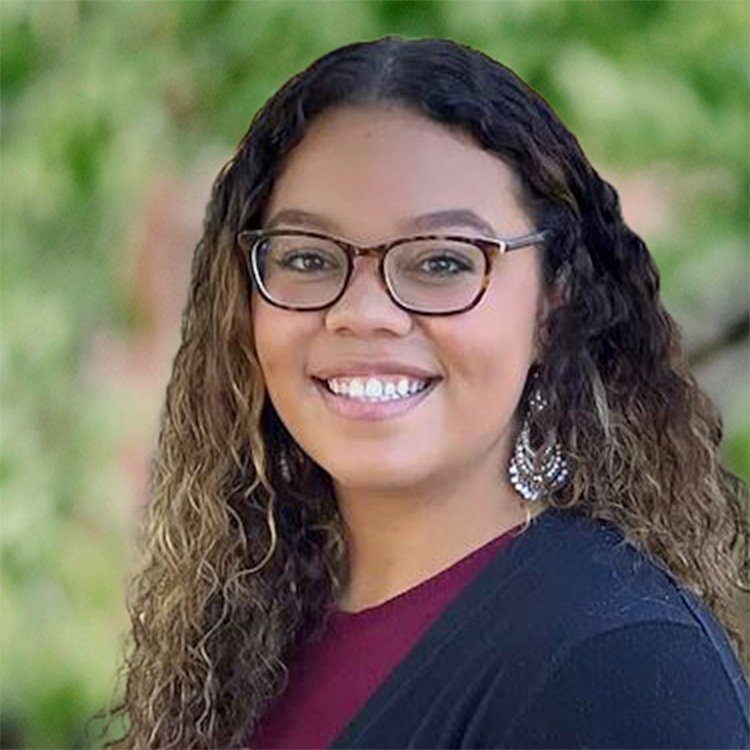Caitlyn Lewis, MA, LPC
Katie specializes in treating adolescents and adults struggling with trauma, PTSD, anxiety, depression, life changes, and grief. She can help you dig into your experiences to find your self-identity. Katie has experience working with diverse populations, including people suffering from chronic illness, students, medical professionals, and people in the LGBTQ+ community.
Katie provides a genuine and easy-going atmosphere for you to feel comfortable sharing your life experiences. She helps identify patterns in your life and the tools to understand them better. Katie teaches how to have more self-compassion when looking inward. She enables you to build your confidence while also gaining life skills you can implement in your daily life to handle difficult situations better.
Education and Training
- Licensed Professional Counselor
- Master of Arts, University of Texas at Tyler
- Attachment-Based
- Trauma-Focused Cognitive Behavioral Therapy (TF-CBT)
- Eye Movement Desensitization and Reprocessing (EMDR)
- Acceptance and Commitment (ACT)
- Internal Family Systems (IFS)
Areas of Focus
- Anxiety
- Depression
- PTSD and Trauma
- Grief and Loss
- Identity Development
- Life Changes
Read Our Blog
3 Benefits of Using Telehealth Video Therapy
With an increase in beneficial technology, we’re able to establish the most effective practices, rituals, and daily habits to support our mental health and wellbeing with the best quality of sleep possible.
How to Improve Sleep Hygiene Using 3 Free Apps
With an increase in beneficial technology, we’re able to establish the most effective practices, rituals, and daily habits to support our mental health and wellbeing with the best quality of sleep possible.
Traumatic Brain Injury and PTSD in Veterans
Physical injuries are easy to see and, therefore, simpler to treat. However, not all wounds are physical; some are internal or emotional, making them harder to diagnose.




